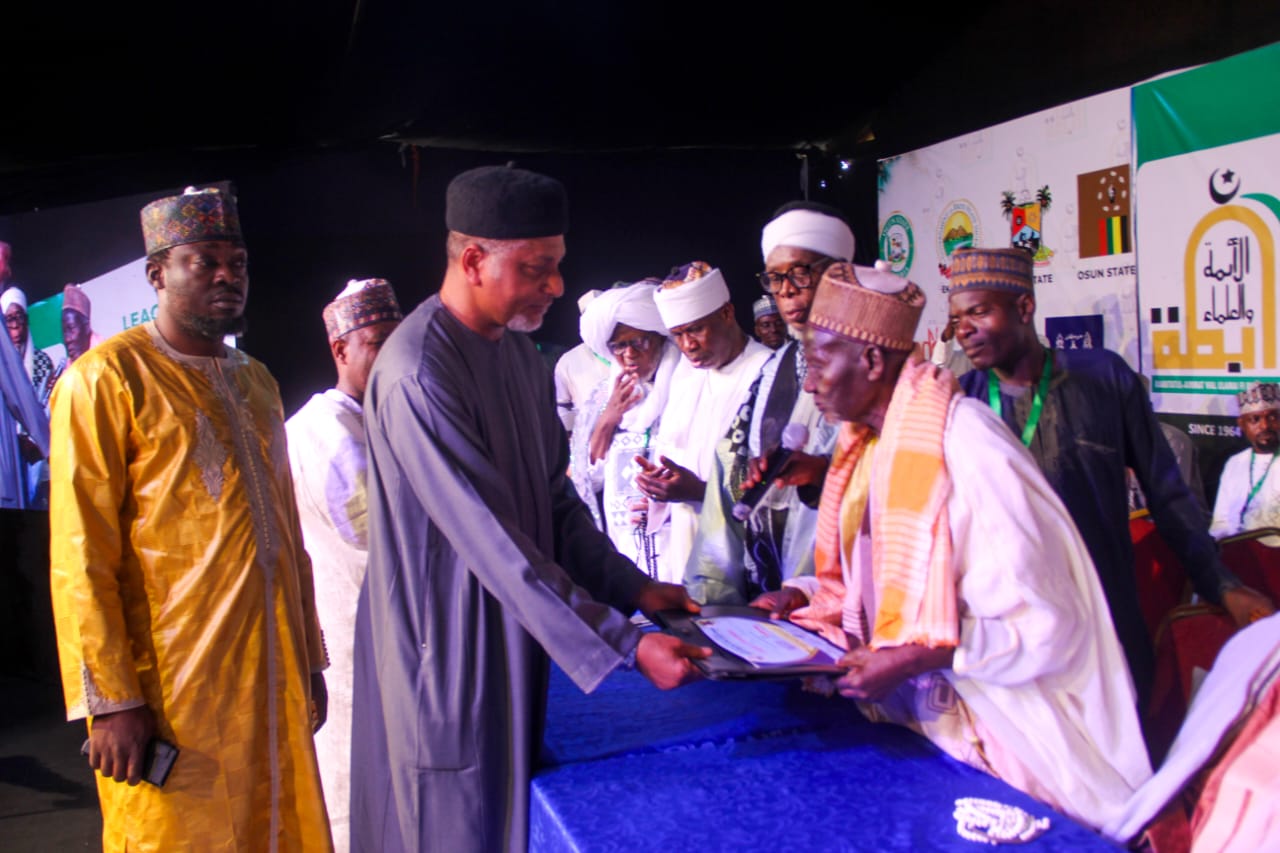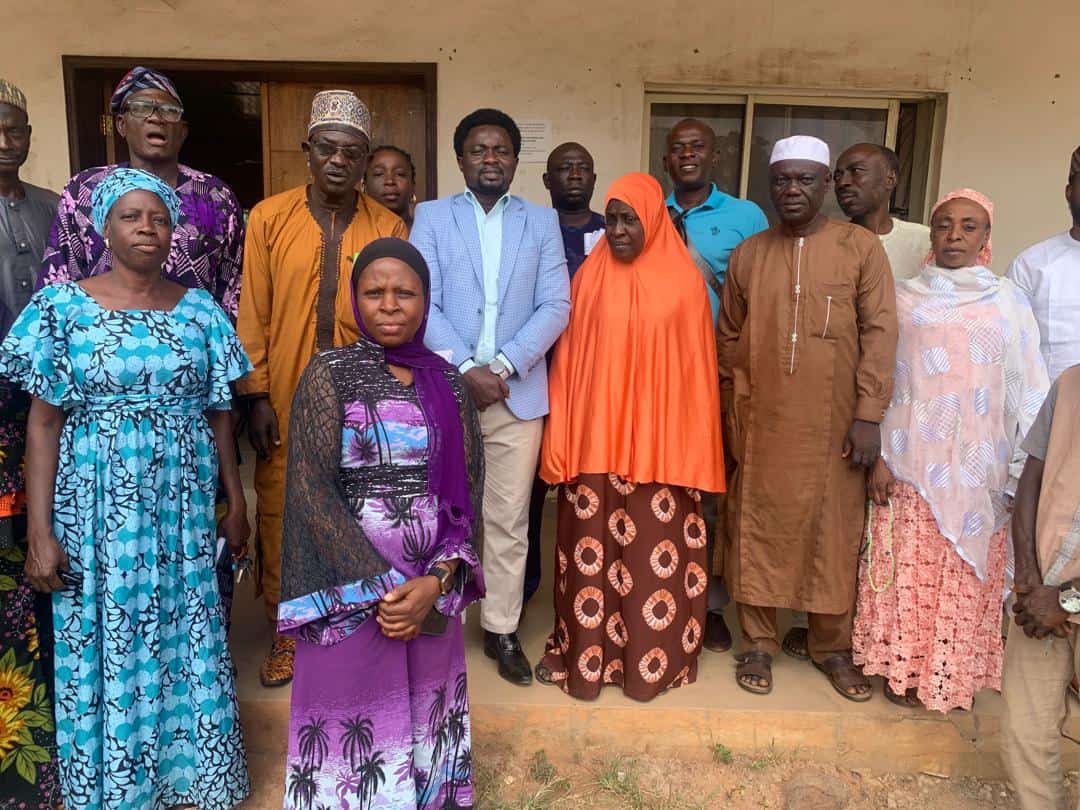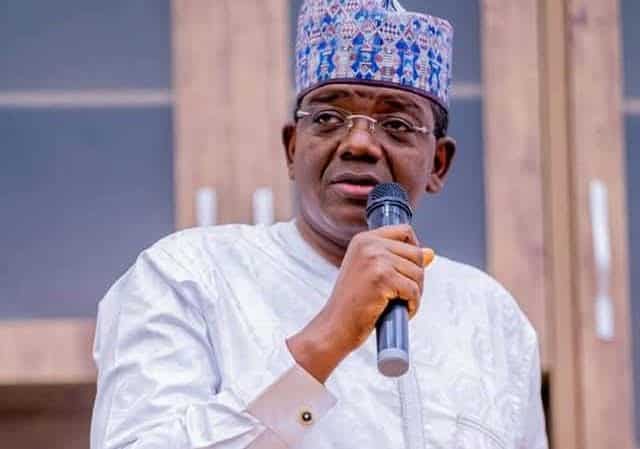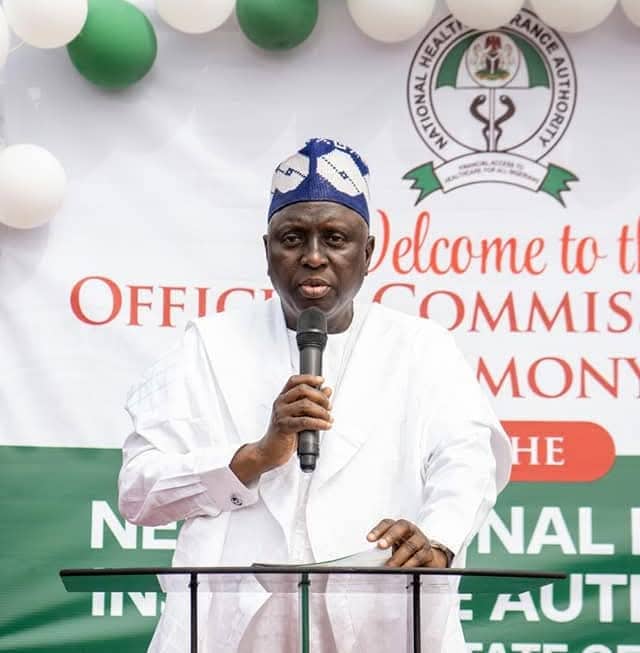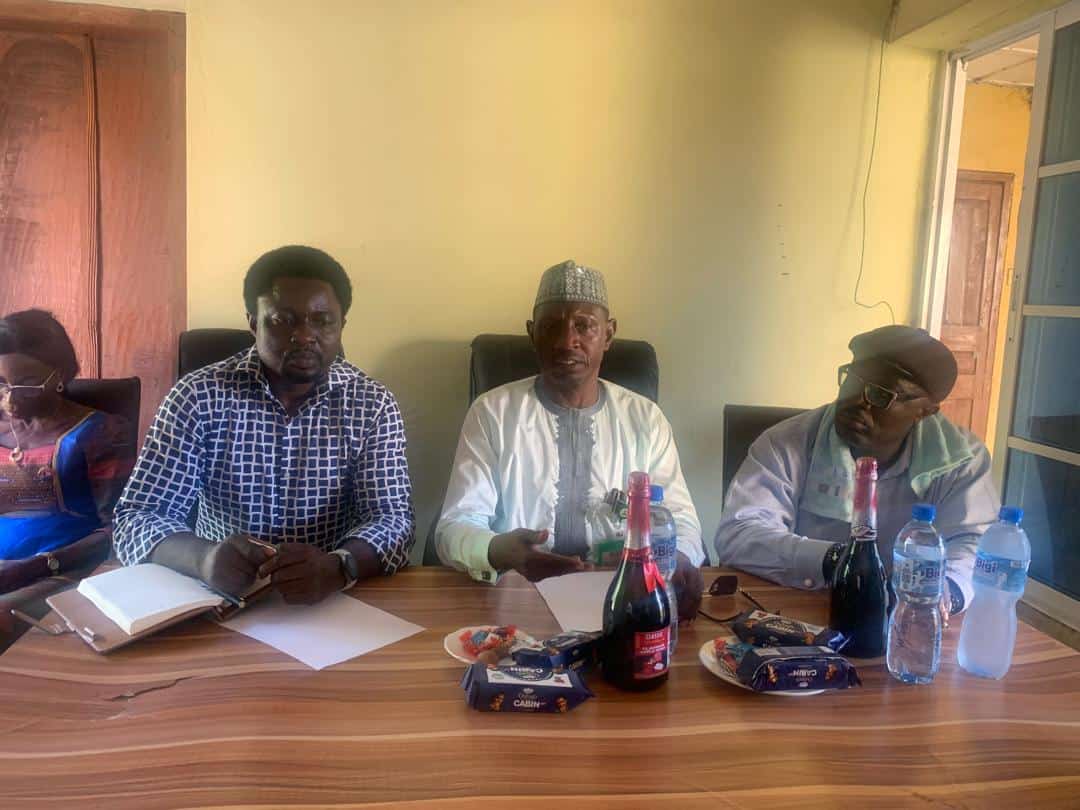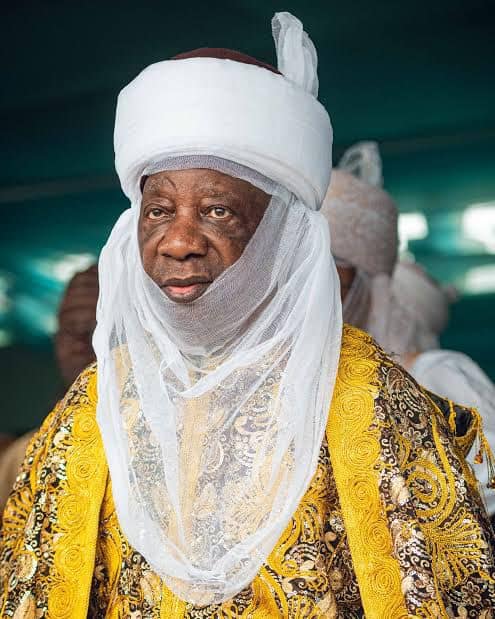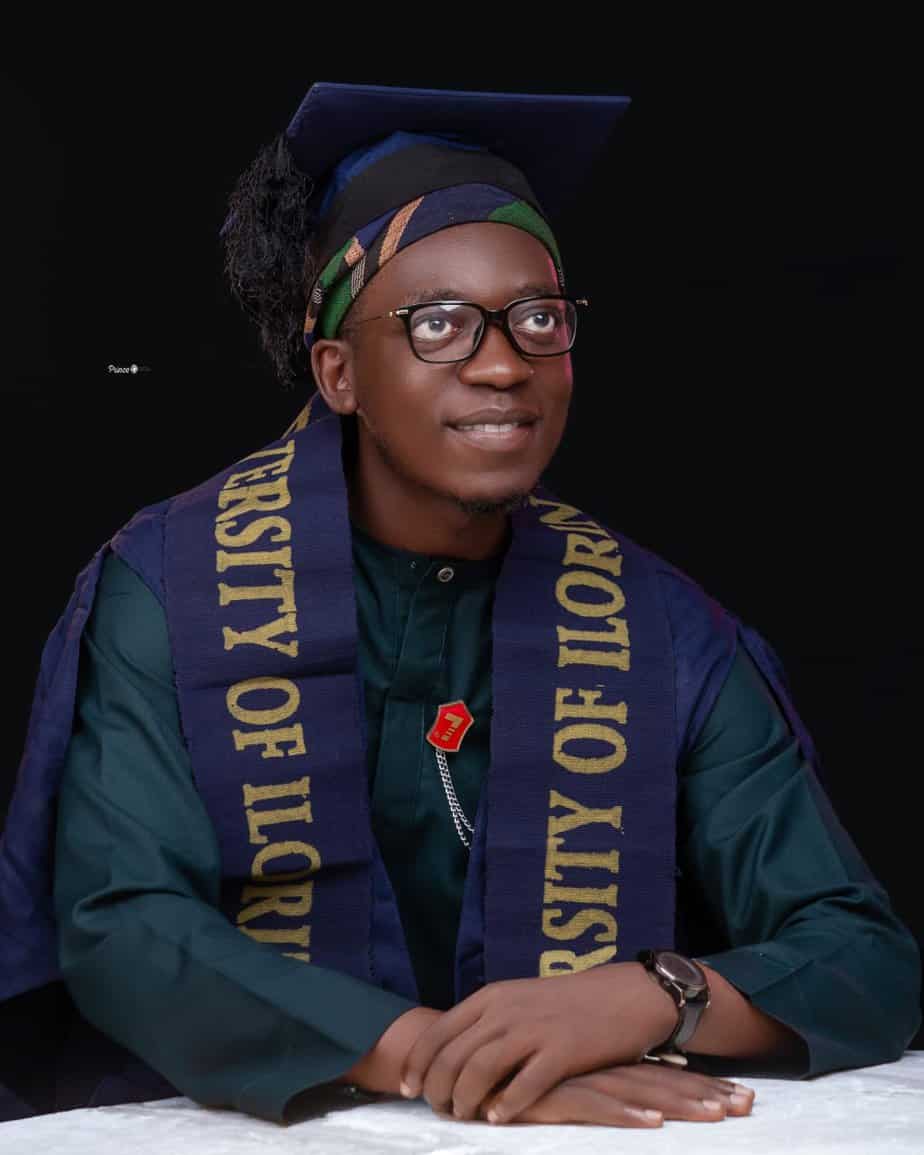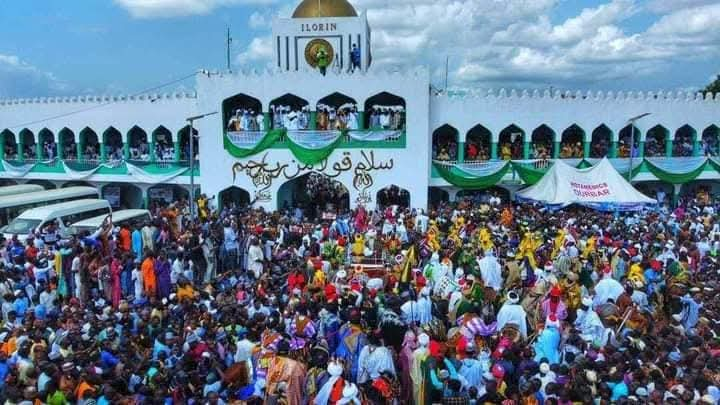When silence is No Longer Golden: A call for peace and Ilorin Emirate, by Mashood Lekan Salau
In the heart of Ilorin, where history, faith, and culture intersect, stands the revered seat of the Emir—an enduring symbol of unity, dignity, and spiritual leadership for the Ilorin Emirate. The palace is not just a physical structure; it is the soul of a people, the heartbeat of an ancient tradition, and a sanctuary of moral authority. It is precisely because of this sacred position that recent developments surrounding the proposed Sulu Gambari Pavilion have stirred public sentiment and drawn attention across Kwara State.
The controversy—rooted in procedural disagreements, political tension, and concerns over safety—has raised important questions. Yet, while it is natural for differing opinions to emerge in a democratic society, it is imperative that the discourse around this matter remains respectful, constructive, and guided by love for the Emirate and the values it represents.
A Symbol Worth Protecting
The proposed pavilion, generously facilitated by Senator Saliu Mustapha through a federal allocation of ₦500 million, is intended to add value to the Emir’s Palace. However, the halt in construction by the Kwara State Government over the alleged lack of statutory approvals has created an impasse that threatens to politicize what should have been a unifying legacy project.
In the midst of this, the silence of respected stakeholders such as the Ilorin Emirate Descendants Progressive Union (IEDPU) has sparked debate. While some interpret this silence as neutrality, others perceive it as abdication of responsibility. Whatever the case, what is needed now is not silence—but wisdom, peacebuilding, and leadership through engagement.
A Plea for Constructive Dialogue
This is not the time for division. It is not a moment for blame games or political one-upmanship. This is a time for dialogue—open, honest, and respectful. The emirate must continue to embody its tradition of resolving conflicts through consultation and mutual respect.
We must remember that both the Kwara State Government and Senator Mustapha are sons of Ilorin. They are stakeholders in the legacy of the Emirate. They both share in the pride of the palace and must be encouraged to work together, not at cross purposes. What binds us must always be greater than what threatens to divide us.
A Sacred Seat Deserves Sacred Conduct
Let this be a reminder to all: the palace is not a battlefield for political scorekeeping. It is a sanctuary. It belongs to no politician, party, or interest group. It belongs to the people, and above all, it stands as a symbol of peace and spiritual authority.
As citizens and descendants of this noble Emirate, we owe it to the throne of Sheikh Alimi, to our forebears, and to posterity to conduct ourselves with dignity. Criticism is allowed, but it must be constructive. Advocacy is encouraged, but it must be peaceful. We must avoid words or actions that could bring disrepute to the Emirate or weaken its unity.
Moving Forward in Unity
This moment calls for all Ilorin sons and daughters—regardless of age, class, or political leaning—to rise above division and work toward a resolution that honors our collective heritage. The pavilion can still be built. The funds can still be used. The laws can still be respected. But more importantly, the peace of the emirate can—and must—be preserved.
In the words of our elders, “Omo Ilu, ki i f’ile gbe; ko si ohun ti o dun ju alaafia lo.” (A true child of the land does not forsake it; nothing is sweeter than peace.)
Let us, therefore, return to the values that define us: respect, patience, community, and love for our Emirate. Let the seat of the Emir remain a source of pride and peace,unity for all.

